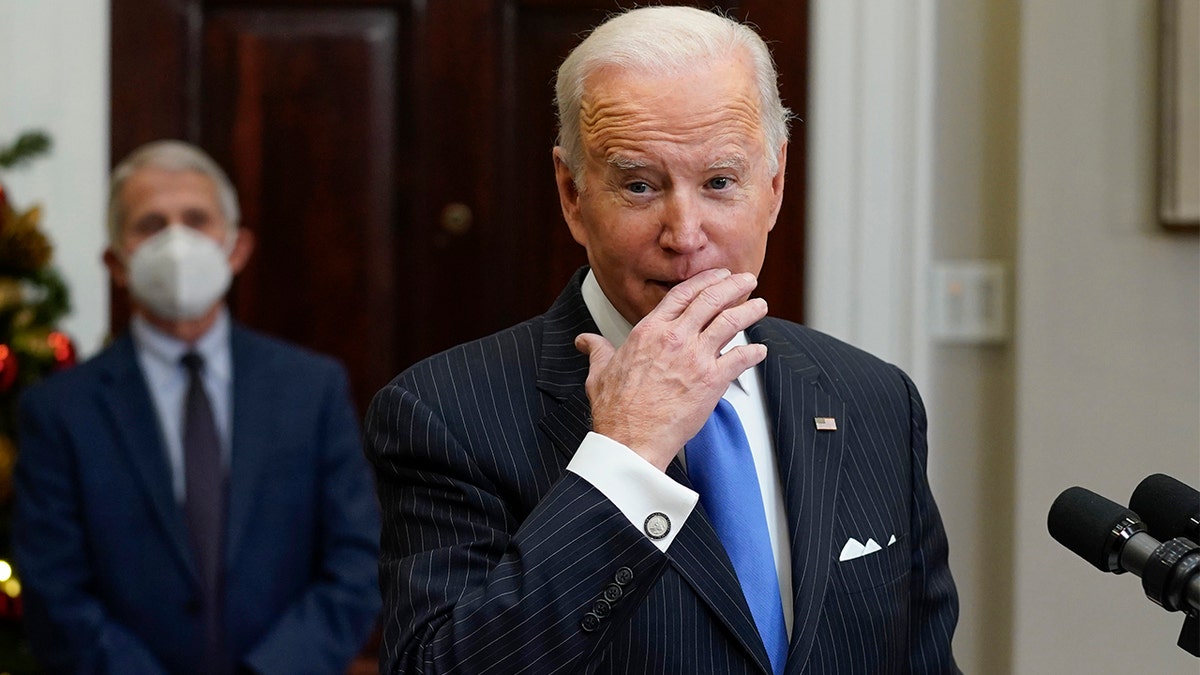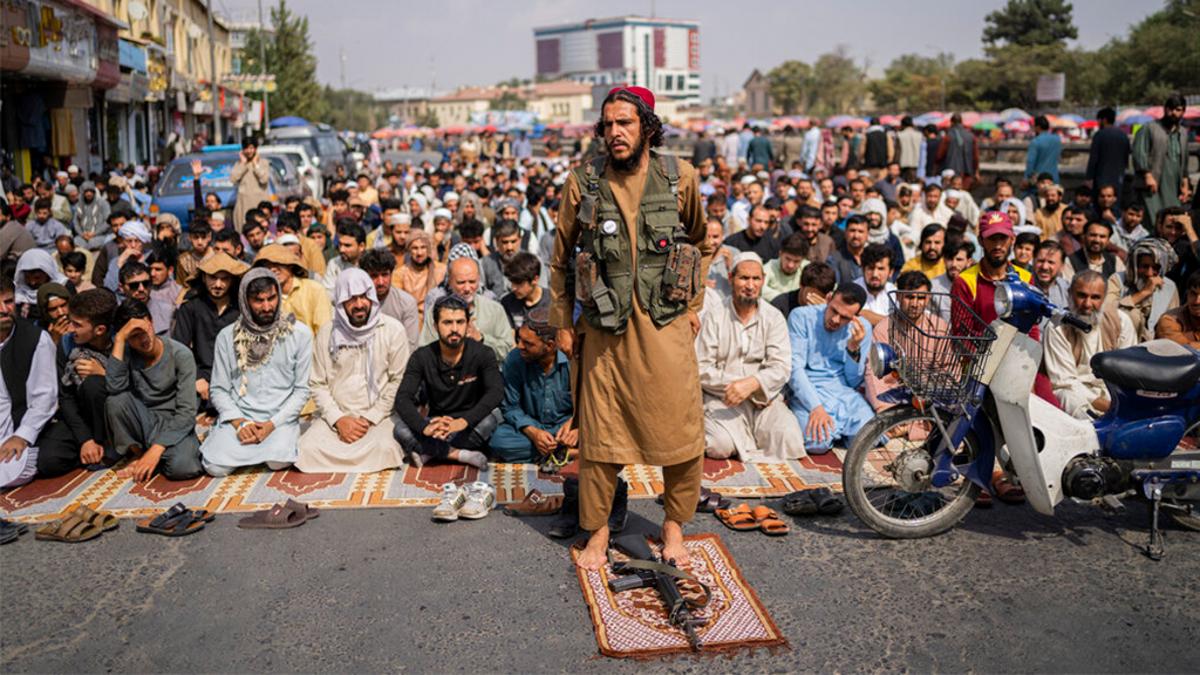Fox News Flash top headlines for December 6
Fox News Flash top headlines are here. Check out what's clicking on Foxnews.com.
More than half of the population of Afghanistan is facing extreme hunger, a frightening development that will only intensify as winter gets set to grip the war-devastated country now under Taliban control.
"The humanitarian crisis is escalating daily in Afghanistan. Hunger in the country has reached truly unprecedented levels. Nearly 23 million people—that is 55 percent of the population—are facing extreme levels of hunger, and nearly nine million of them are at risk of famine," said U.N. Refugee Agency spokesman Babar Baloch told Voice of America last week.

Taliban soldiers stand guard in Panjshir province northeastern of Afghanistan. (AP Photo/Mohammad Asif Khan) (AP Photo/Mohammad Asif Khan)
Temperatures in Afghanistan have already begun to dip below freezing, with even colder temperatures still to come, a situation the U.N. warns could be dire for the over 3 million Afghans currently displaced by conflict and lack shelter, medical supplies, food, and clothes.
BIDEN FACES CRISIS OF CONFIDENCE OVER AFGHANISTAN
Baloch, who just returned from a trip to Afghanistan, said that many elderly people and single mothers have been displaced with no food or shelter.
"One single mother that I met, she has a six-month-old baby, a 12-year-old son, a 10-year-old daughter, and two parents to look after because the husband died in the fighting. So, she has to take care of the full family … Her children go hungry. So, the two kids, the 12-year-old and the 10-year-old — they have to work," Baloch said.
Malnutrition levels across the country have soared ahead of the winter, with Baloch warning that about 1 million Afghan children are in imminent danger of death if more aid does not reach them.
While the U.N. Refugee Agency has been able to assist over 700,000 Afghans by reaching over 60,000 every week, the agency warns that the winter snow threatens to cut off access to millions still in desperate need of assistance.
The crisis comes less than four months after the final U.S. troops departed Afghanistan, with the pullout causing some experts to worry about a humanitarian "catastrophe" that could play out without the help American forces.

President Biden speaks about the COVID-19 variant named omicron, in the Roosevelt Room of the White House, Monday, Nov. 29, 2021, in Washington. as Dr. Anthony Fauci, director of the National Institute of Allergy and Infectious Diseases listens. (AP Photo/Evan Vucci) (AP Photo/Evan Vucci)
"If we don’t preposition the food we need in those difficult areas that you can’t reach once winter sets in ... we could have a catastrophe," World Food Programme executive director David Beasley told Fox News at the time.
CLICK HERE TO GET THE FOX NEWS APP
Those fears have seemingly been realized, with the U.N. estimating that a total of 8.7 million people in the country are at risk of famine this winter.

A Taliban fighter, foreground, and a group of Afghan men attend Friday prayers in Kabul, Afghanistan, Friday, Sept. 24, 2021. (AP Photo/Bernat Armangue) (AP Photo/Bernat Armangue)
The agency is now racing against the clock with a winter fundraising campaign to "help ease the burden for forcibly displaced families amid the most life-threatening months of the year".
An estimated $374.9 million is needed to fund the needs of Afghanistan for 2022.








































